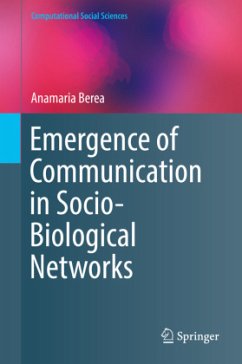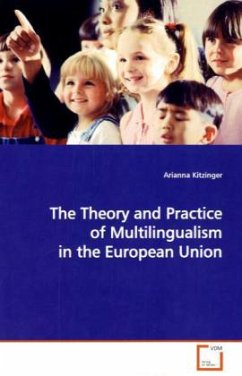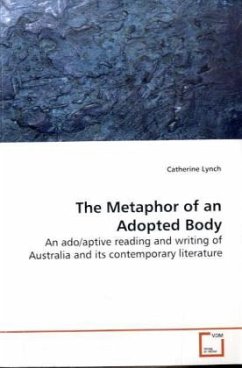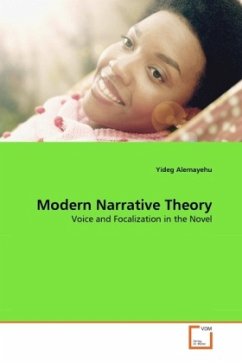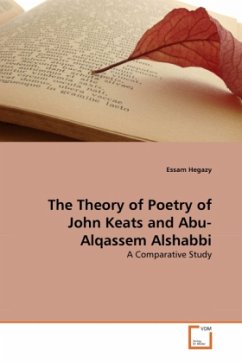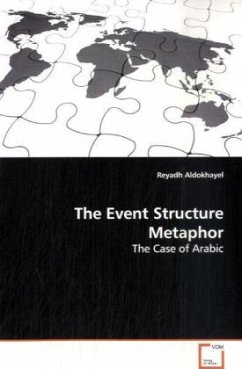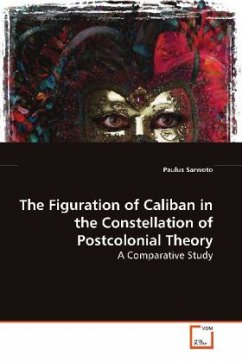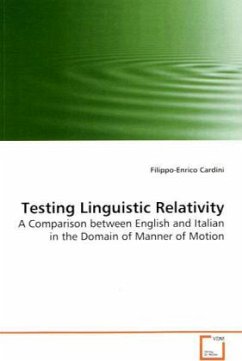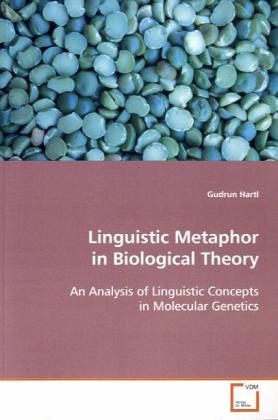
Linguistic Metaphor in Biological Theory
An Analysis of Linguistic Concepts in Molecular Genetics
Versandkostenfrei!
Versandfertig in 6-10 Tagen
44,99 €
inkl. MwSt.

PAYBACK Punkte
22 °P sammeln!
The view of the human genome as an information system, a text written in DNA code has successfully dominated molecular discourse since the 1950s. This book addresses the application of linguistic metaphors in the field of molecular genetics and discusses the widespread use of terms such as information, translation and code. In studying the historical emergence and spread of linguistic concepts in molecular discourse, the book explains their productivity, as well as makes an effort to expose their scope and limits. Focusing on possible reasons for the implementation of linguistic metaphors in g...
The view of the human genome as an information
system, a text written in DNA code has successfully
dominated molecular discourse since the 1950s. This
book addresses the application of linguistic
metaphors in the field of molecular genetics and
discusses the widespread use of terms such as
information, translation and code. In studying the
historical emergence and spread of linguistic
concepts in molecular discourse, the book explains
their productivity, as well as makes an effort to
expose their scope and limits. Focusing on possible
reasons for the implementation of linguistic
metaphors in genetics, the author seeks to
demonstrate that metaphors constitute a fundamental
part of any scientific theory as they serve to
visualise and stimulate research. Yet one further
purpose guiding this book is to show how
unreflecting adherence to metaphorical constructs
inhibits a deeper understanding of a subject matter,
as metaphorically structured scientific discourse
has two sides to it: on the one hand, it clearly
serves communicative and conceptual functions. On
the other hand, it may also set limits to the
understanding which can be gained of a field of
research.
system, a text written in DNA code has successfully
dominated molecular discourse since the 1950s. This
book addresses the application of linguistic
metaphors in the field of molecular genetics and
discusses the widespread use of terms such as
information, translation and code. In studying the
historical emergence and spread of linguistic
concepts in molecular discourse, the book explains
their productivity, as well as makes an effort to
expose their scope and limits. Focusing on possible
reasons for the implementation of linguistic
metaphors in genetics, the author seeks to
demonstrate that metaphors constitute a fundamental
part of any scientific theory as they serve to
visualise and stimulate research. Yet one further
purpose guiding this book is to show how
unreflecting adherence to metaphorical constructs
inhibits a deeper understanding of a subject matter,
as metaphorically structured scientific discourse
has two sides to it: on the one hand, it clearly
serves communicative and conceptual functions. On
the other hand, it may also set limits to the
understanding which can be gained of a field of
research.



